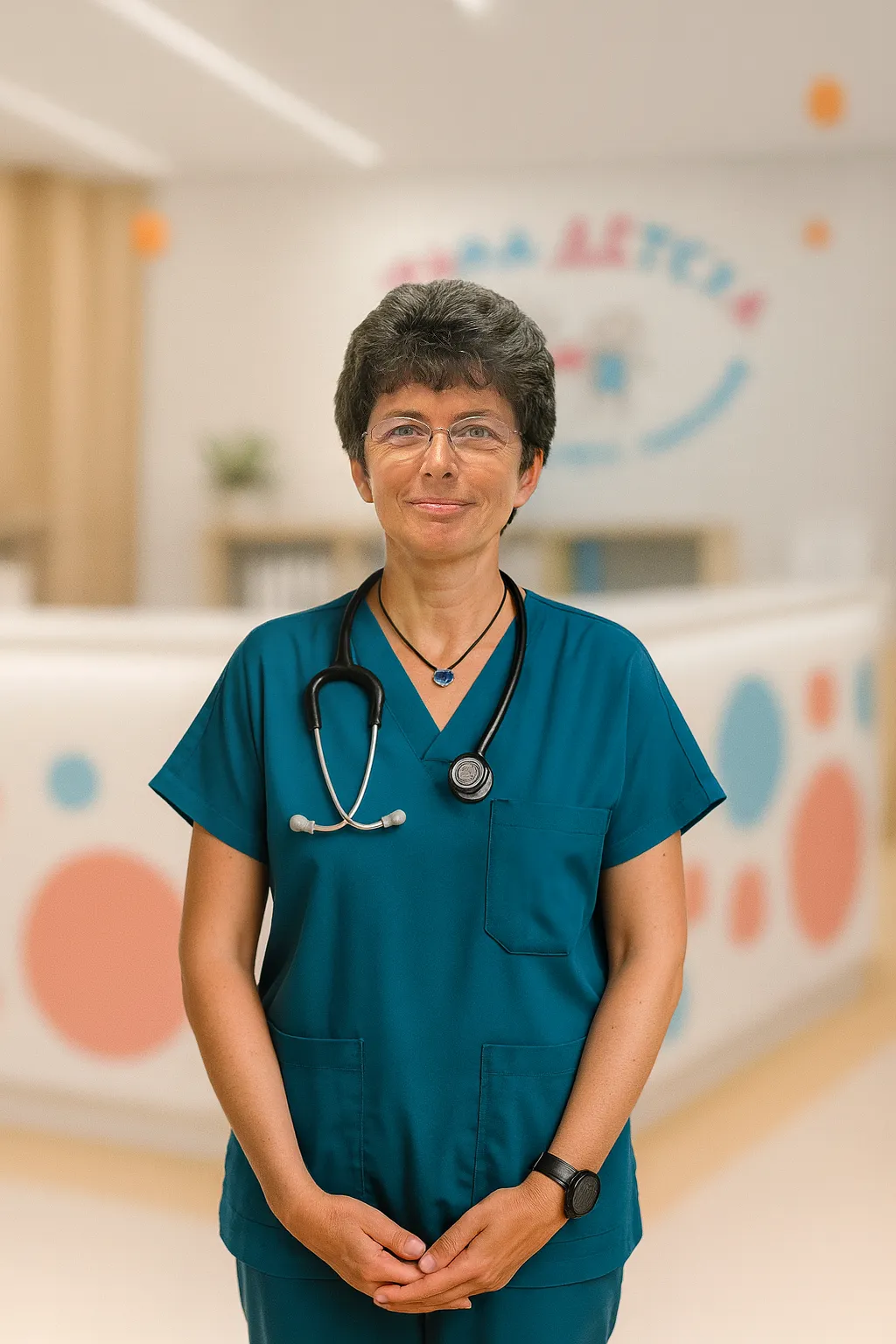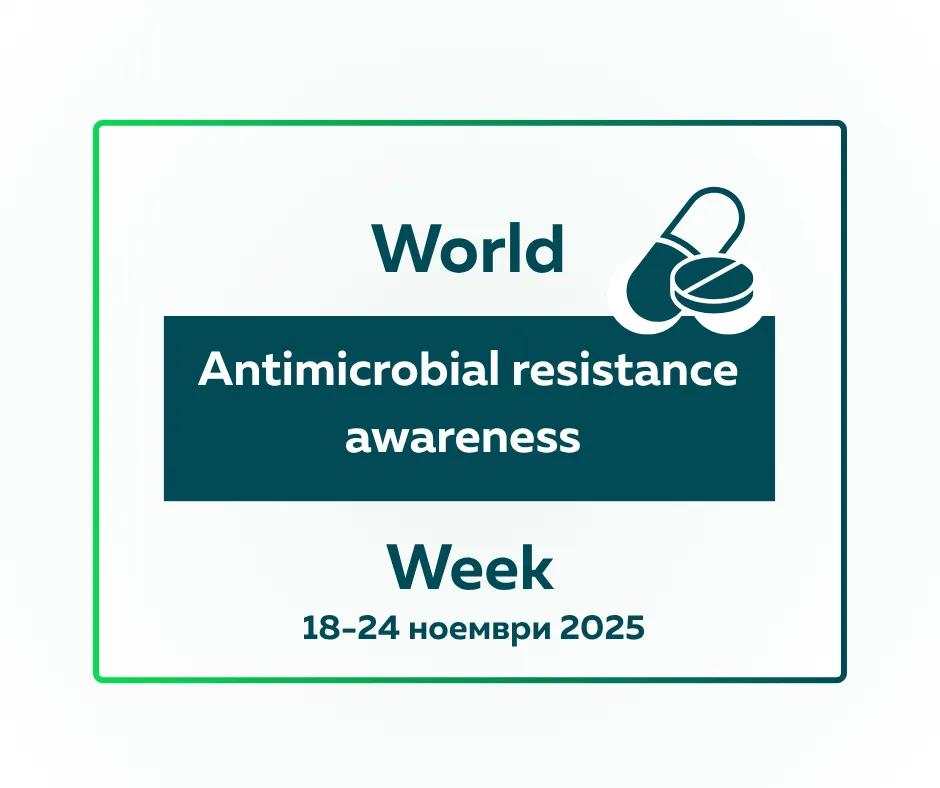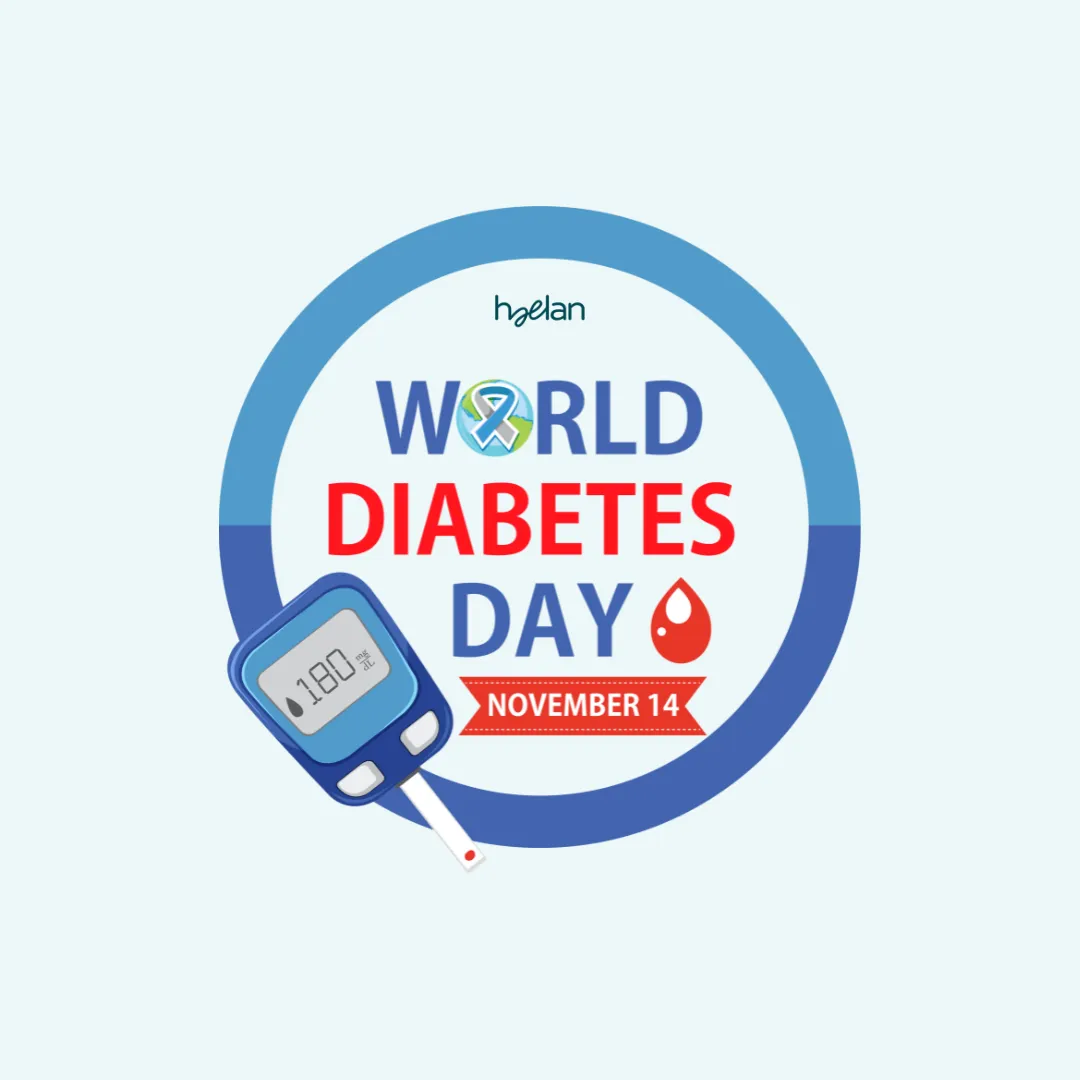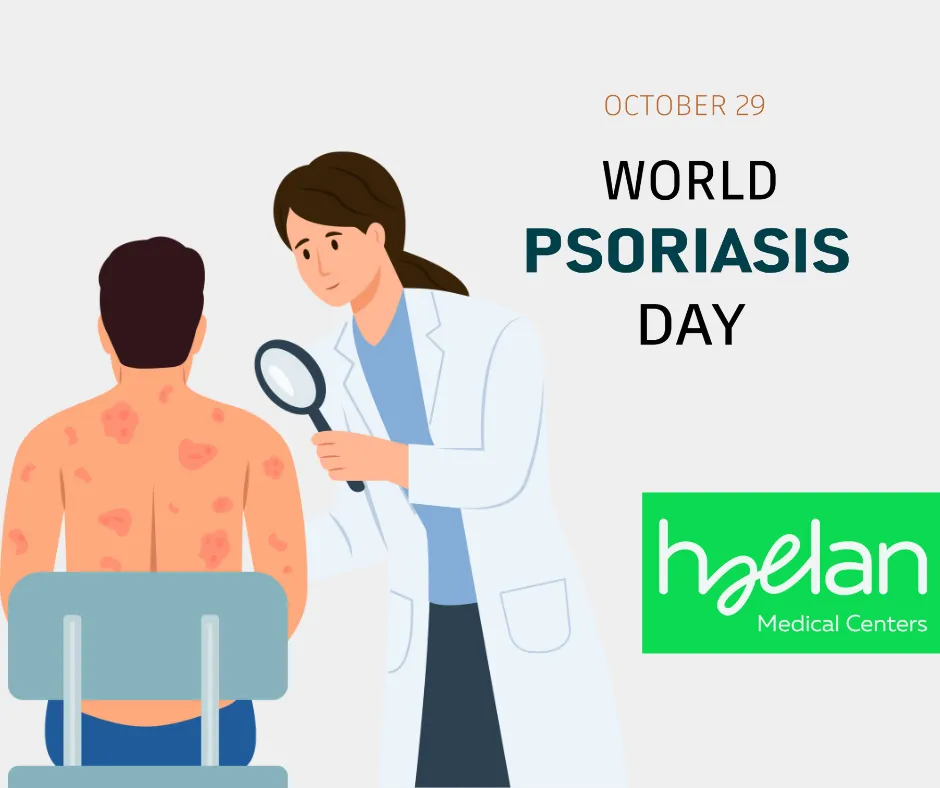Chickenpox - what's new?
.webp)
Chickenpox — what's new?
Chickenpox is an acute contagious viral disease, which is caused by the varicella zoster virus (VZV), a DNA virus from the group of herpes viruses. Infection occurs by airborne — droplet route, through skin vesicles or by vertical transmission from mother to fetus. The incubation period of the disease is 9-21 days, on average 14-16 days.
Chickenpox is a highly contagious disease that proceeds with epidemic outbreaks. It has a high contagious index of more than 80-90%, and children are considered contagious until crusts appear.
Chickenpox is considered a “childhood” disease, but in reality it can affect any age.Mostly children of nursery and kindergarten age, in children's groups, mostly 3-9 years old, and by the age of 10 80% of children were sick. After contracting the disease, the virus remains in a “dormant” (latent) state and, with immunosuppression, can lead to reactivation and subsequent shingles infection. After an illness, a lasting (lifelong) immunity develops, re-illness is rarely possible.
Risk groups for the disease are premature babies, children taking corticosteroids, children with immune suppression, pregnant women, patients with leukemias and lymphomas.Mortality in chickenpox was 6.7/100,000 cases, most often from pneumonia, encephalitis, Ray's syndrome or the development of a severe secondary bacterial infection.
The clinical picture is very typical: it begins with the appearance of erythema - a vesicular itchy rash and bubbles filled with a clear liquid. Previous fever or lack thereof, headache, runny nose and sore throat are possible. The rash occurs in bursts and is called a “pseudopolymorphic” rash, it is common in 2-3 pushes every 1-2 days and heals with the formation of crusts. Then the patients are not contagious. The rash usually starts from the face and head (capillicium), followed by involvement of the body and limbs, and is absent on the palms and feet. The mucous membranes of the eyes, ears, mouth, esophagus, anus, vulva, etc. are not spared.
Dynamics of rash units:
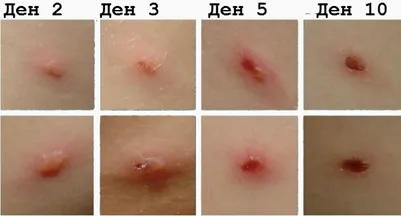
The diagnosis of the disease is mainly clinical and is based on the typical clinical picture and epidemiological contact. The disease is more common in the winter months or early spring. The diagnosis can be confirmed by serological examination — IgM antibodies, as well as PCR diagnostics or cultural examination of vesicle material. The blood count is nonspecific or indicates the presence of leukopenia.
A wide range of diseases are considered in the differential diagnostic plan, such as: disseminated HSV infection, allergic dermatoses, enterovirus infections, “hand-foot-mouth”, scabies, Schonneon-Henoch's purpura, bite rash, strofulus, urticaria, herpetiform dermatitis, smallpox, etc.
Treatment of chickenpox is symptomatic: fluids, vitamins, immunomodulation, medications to reduce itching, menthol or antiseptic powder, when infecting rashes, an antibiotic ointment is applied topically.In severe cases of chickenpox or varicella-zoster infection, oral or parenteral administration of Acyclovir tab. 200 mg Rehydration is recommended in case of refusal of food and fluids. Very rarely, and with bacterial complications, antibiotic therapy is carried out.
In Bulgaria there is an anti-varicocele vaccine — Varivax, which is administered intramuscularly, in two doses, after 1 year of age. Subject to vaccination and contact with the disease within 3-5 days of contact. The vaccine leads to lasting and lifelong immunity.
The anti-varicocele vaccine was first introduced in the United States since 1974, and since 1995 — in the country's immunization calendar. As a result of these actions, in 2002 mortality from chickenpox in children was reduced by 74-92% and hospitalizations by nearly 88%. The introduction of anti-varicocele immunization was followed by a number of other countries such as Canada, Australia, Germany, Greece, Austria, etc. A vaccine has been available in Bulgaria since 2020. The vaccine has very good tolerability and rare adverse effects, which include temperature, reaction at the site of application, sometimes rash. It is contraindicated in active tuberculosis and severe combined immunodeficiency, as well as in pregnancy.
Chickenpox remains a common but potentially complicating viral disease, especially in children at an early age and in individuals from risk groups. Although in most cases the course is mild, the possibility of complications, as well as the role of prevention through vaccination, should not be underestimated. If chickenpox is suspected, it is important for parents to consult a pediatrician.
The 1DKK team has highly qualified specialists who can provide timely and adequate assistance in the diagnosis, follow-up and treatment of chickenpox and related conditions.
Do not hesitate to seek advice if necessary!
In 1DKK we offer vaccination against chickenpox. Patients can take the opportunity to order the vaccine from the pharmacy in the clinic and have it placed on the spot.
For more information and registration: 0887 550 322
*First Children's Advisory Clinic (1DKK) is part of the Heilan health group.

